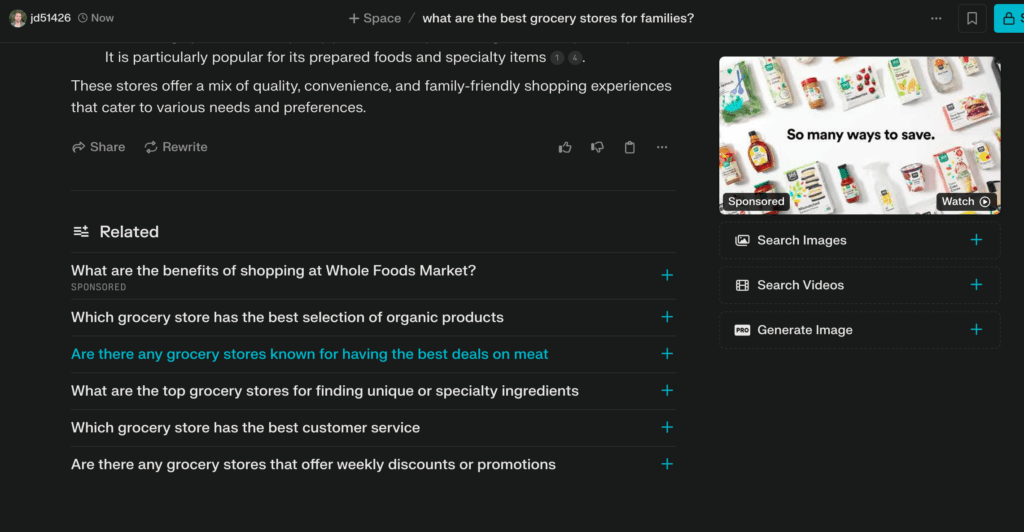ChatGPT, Google Gemini, Meta AI: A Frenetic Year With More to Come in 2025
December 21, 2024
The year is closing with a slew of generative AI updates from OpenAI, Google, and Meta. It’s a big end to a year of huge advancements for the new tech and the way it relates to travel.
Sundar Pichai, the CEO of Google, said this year that the company’s goal is for a “universal agent that will be useful in everyday life.” OpenAI has a similar vision, and Chief Product Officer Kevin Weil said it could happen as early as next year.
AI companies have made considerable progress toward this vision in 2024 — glitchy as the tech may be.
Despite some big acquisitions and record-breaking startup fundraises elsewhere, this year’s advancement in AI was the most important story for travel tech and the future of the industry.
The long-term vision in travel is for an AI assistant that can search and book travel for users, as well as be a guide and translator during trips, and remember details and preferences for future trips.
Below is a look back at the progress AI has made in 2024 and a bit about what to expect in 2025.
One of OpenAI’s biggest criticisms when it was first released was that it couldn’t provide real-time information.
That’s no longer the case since it released SearchGPT in late October. The tools enable the ChatGPT chatbot to search the Internet and provide results about flights, restaurants, events and more. Search results can include pins on a map with links to driving directions and websites, as shown in a Skift test of how the tool works to plan a trip in London.
Google has already introduced AI-generated summaries at the top of traditional search results called AI Overviews, capable of generating an itinerary that includes flight and hotel options.
And a new report, which Google has not confirmed, said the company plans to integrate the Gemini chatbot directly into its traditional search platform. That would give users the option to complete a search either through the traditional method or through Gemini.
As of mid-December, Gemini is now available as a mobile app for iPhone and Android.
ChatGPT, Gemini, and Meta AI have all taken steps this year that make their platforms more useful as real-time travel guides.
One of OpenAI’s latest updates for ChatGPT is Advanced Voice with video. It allows the user to essentially have a video call with the AI. It can remember details about what it sees, such as attributes about people. Skift hasn’t tested this walking around a city, but the idea is that it should be able to recognize landmarks or other visuals and provide information about them.
ChatGTP got Advanced Voice mode in September. It garnered a lot of attention because of its advanced voice translation capabilities, which could be particularly helpful for travelers in destinations where they don’t speak with language.
OpenAI also recently said that Advanced Voice can now complete web searches in real time. That means a user could ask the voicebot about events happening this weekend or for restaurant suggestions or current weather.
Google showed a demo this year of a video chat capability similar to the one that OpenAI just released.
And Meta this year demoed voice translation, visual translation, and travel guide capabilities through its Ray-Ban Meta smart glasses.
ChatGPT, Gemini, and Meta AI have all shown that they can translate text from images, such as from a menu.
Anthropic, a generative AI startup and competitor to OpenAI, was the first such company to demo tech that can take control of a computer on a user’s behalf.
The feature is meant to complete tasks by “looking at a screen, moving a cursor, clicking buttons, and typing text.” The company used a travel example during three demos of the tech in October.
Google in mid-December gave a preview of a similar tool it’s developing as a Chrome browser extension.
Reports in November, which OpenAI has not confirmed, said the company plans to release a similar tool in January that can control computers and complete tasks like booking travel.
This tech could be especially useful to busy corporate travelers, who theoretically could instruct the computer to search and book business travel on their behalf, though it will likely take a while to get to that point.
Perplexity, the generative AI startup, was the first to say it’s experimenting with advertising on its platform.
The first companies to purchase ads are Whole Foods Market, Universal McCann, and PMG, according to the Perplexity announcement from November. When the user completes a grocery-related search, for example, Whole Foods’ sponsored content is presented alongside normal search results.

No ads pop up yet for travel-related questions. But the company’s pitch deck shows that travel is an advertising target.
There have been questions around how OpenAI and Google plan to sell advertising to travel companies for ChatGPT and Gemini. It’s an especially relevant question for Google, which rakes in billions of dollars each year in traditional search ads from Booking and Expedia.
Meanwhile, Booking Holdings, Expedia Group, and many other travel companies have been releasing all sorts of AI tools powered by third-party generative AI.
They’re generally moving at a slower pace and proving less useful than the chatbots by the AI companies. But none are replacements yet for traditional travel search and booking, and travel companies will surely update their tools in 2025.
A few of the major releases this year:
It’s almost hard to remember where the world of AI and travel was at the start of 2024, but it was a leagues away from where it is today. And this is just the starting point for 2025. There’s sure to be an explosion of new tech next year, both for travelers and travel companies, along with smoother experiences as the tech gets better.
Search
RECENT PRESS RELEASES
Related Post



